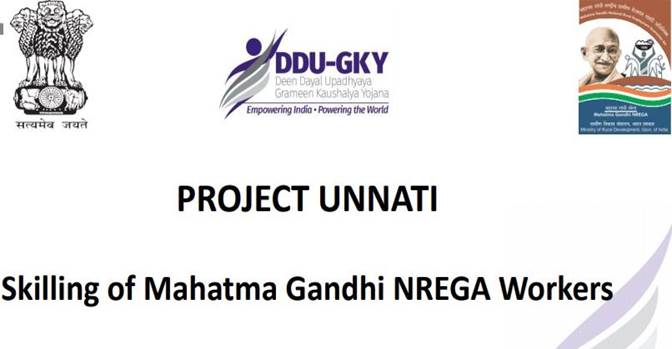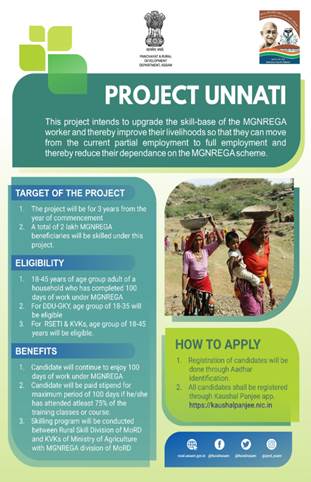Free Courses Sale ends Soon, Get It Now


Free Courses Sale ends Soon, Get It Now




Copyright infringement not intended
In News
‘Unnati’ project

https://epaper.thehindu.com/Home/ShareArticle?OrgId=GL7AI26IQ.1&imageview=0
https://t.me/+hJqMV1O0se03Njk9











© 2024 iasgyan. All right reserved